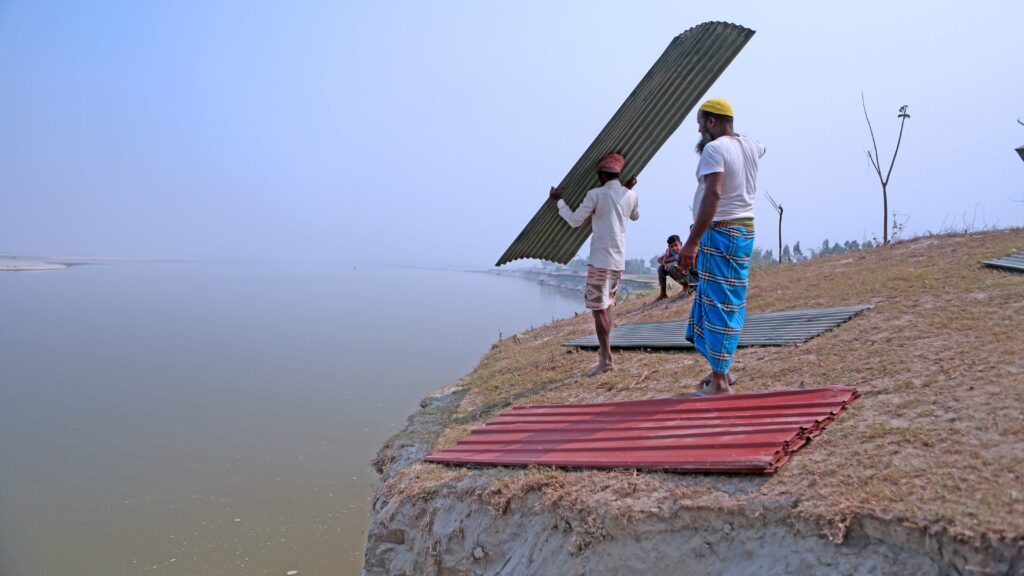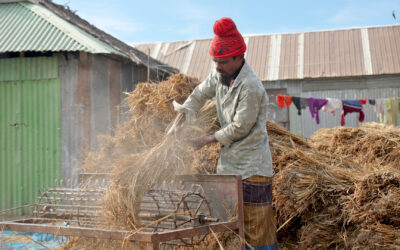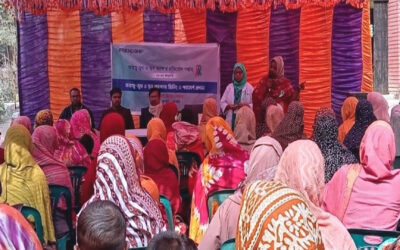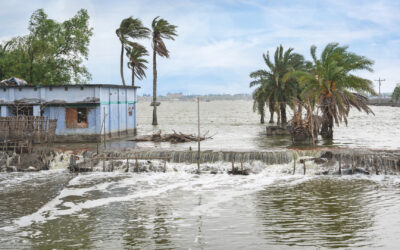At COP29 Azerbaijan, Friendship’s achievements were shared in an insightful workshop as a model for managing climate migration.
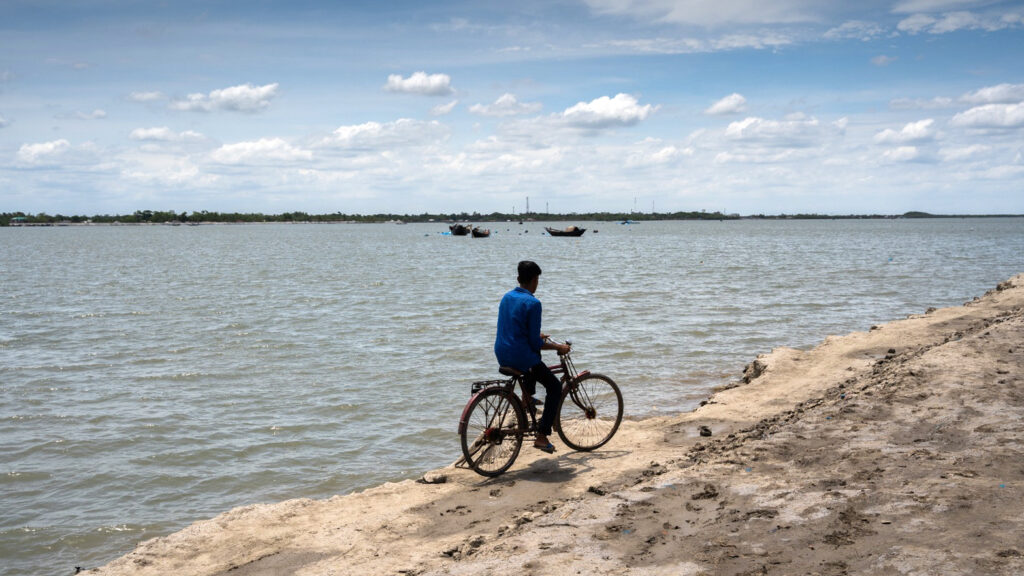
by Iffat Ara Sharmeen,
November 24, 2024
In 2022, climate-induced disasters displaced over 30 million people, with approximately 60,000 displacements a day over the past 10 years. Northern Bangladesh’s shifting river islands, or chars, are particularly at risk. As a social purpose organisation (SPO), Friendship has been working in these areas to boost climate resilience through sustainable, inclusive interventions. In a COP29 workshop titled, “Enhancing Climate Resilience by Securing Legal Rights for Migrants,” led by Kazi Amdadul Hoque, Senior Director and Head of Climate Action and Strategic Plan at Friendship, experts advocated for a global legal framework for climate migrants.
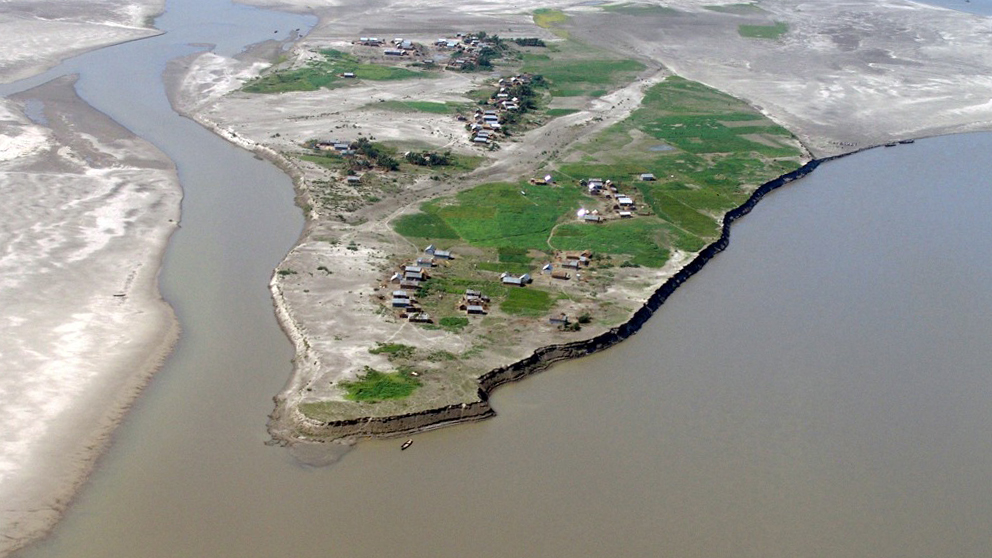
An Unending Cycle of Climate-induced Displacement
Floods and river erosion constantly reshape the char landscape, forcing residents to migrate. Extreme weather hits These communities hardest, leaving them without a stable foundation to rebuild their lives. Displacement disrupts their socio-economic, political, and communal structures, creating gaps in access to vital services like healthcare, education, and employment. Despite being citizens, they are often treated as stateless or landless.
In this context, climate migration is a harsh reality. The UNHCR acknowledges that climate migrants lack legal protection due to the absence of a legal definition. Experts at the workshop discussed ways to secure the legal rights of climate migrants and ensure they live with dignity.
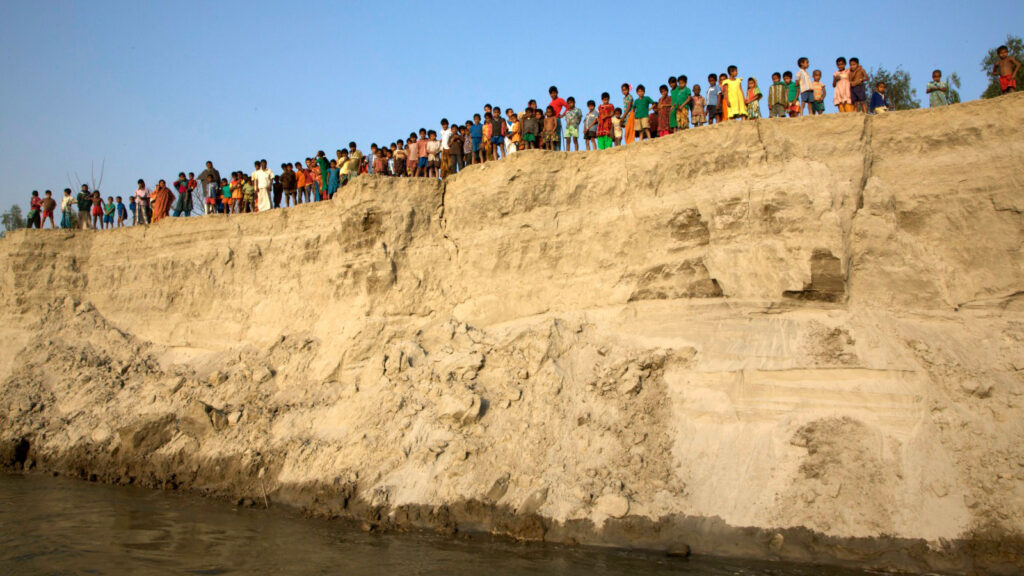
Recognise Climate Migrants by Law: Runa Khan
The workshop began with key insights from Friendship founder Runa Khan, who emphasised that international recognition would grant climate migrants access to essential resources and rights. Runa also highlighted the importance of expanding the Green Climate Fund to support communities hosting migrants. Legal rights would enable migrants to integrate, access services, and contribute to local economies, playing a crucial role in climate adaptation efforts. Upholding their dignity, she concluded, is a shared responsibility in tackling the global climate crisis.
Resilience Begins with Rights: Barrister Ayesha Taasin Khan
Securing legal rights for internally displaced persons is both a moral obligation and a responsibility of states. Ayesha Taasin Khan, Senior Director and Head of Inclusive Citizenship at Friendship, reminded the audience that the Paris Agreement highlights the need to protect vulnerable communities, many of whom are climate migrants.
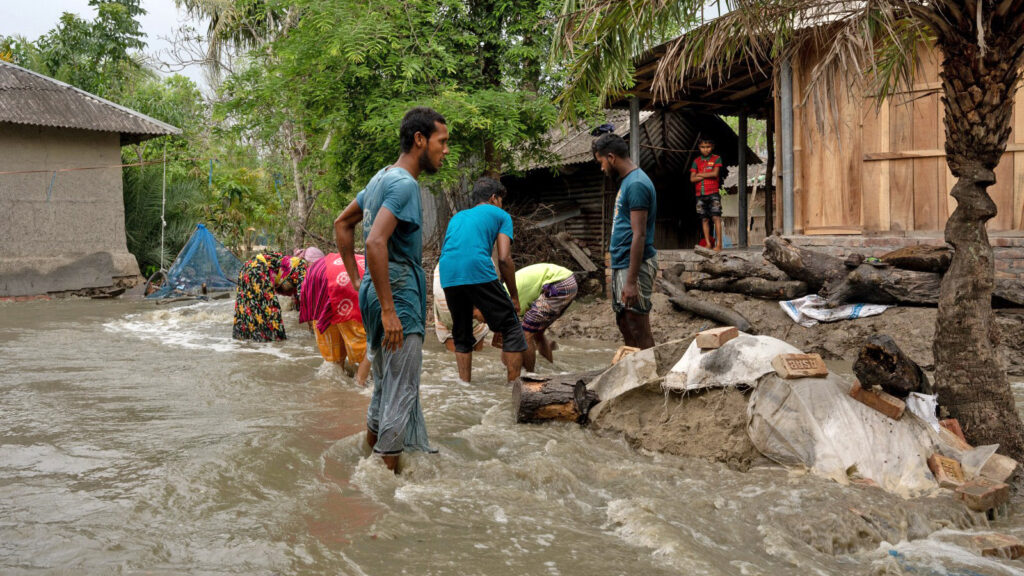
Field experiences illuminate how legal rights can empower communities to enhance locally led adaptation, sustainability, and resilience. Friendship’s Inclusive Citizenship programme in particular helps residents secure legal rights, particularly those who lose documentation and livelihoods due to the shifting char islands. Without land rights, migrants lack access to legal services, education, and government participation. Friendship’s paralegals assist with obtaining documentation, leading to improved school enrolment, higher employment, and a stronger sense of community ownership.
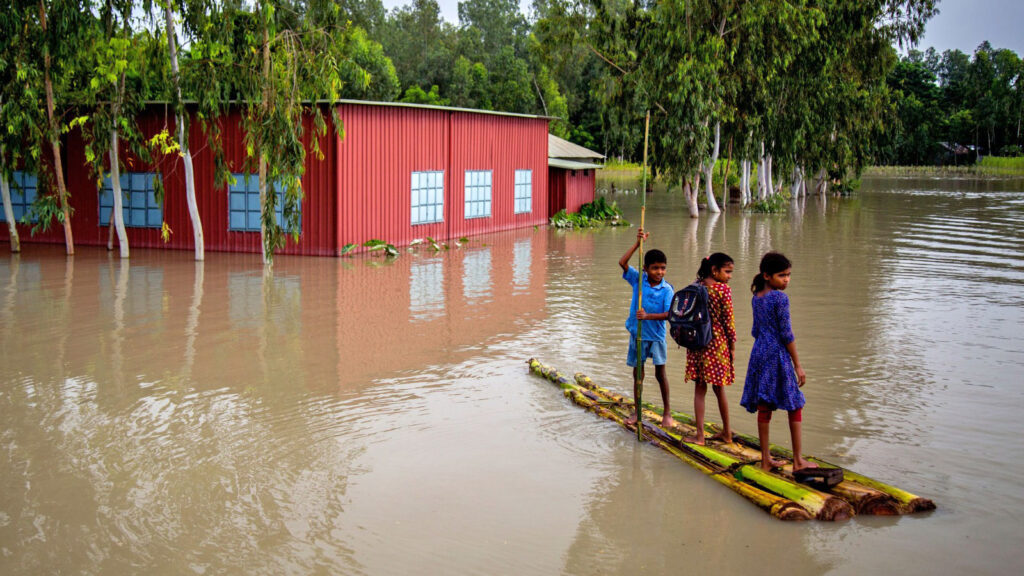
Climate migrants deserve not just legal support but also the benefits associated with it. This includes quality healthcare services, sustainable land management, disaster preparedness, community-driven climate adaptation and support on economic activities. Flexible learning opportunities, particularly for women and youth, can help build their entrepreneurial skills.
Address the Diverse Needs of Displaced Communities: Prof. François Gemenne
Professor François Gemenne, Director of Hugo Observatory, praised Friendship’s work in Bangladesh. He highlighted the importance of focusing on the subjective perceptions of affected communities, not just climate models. Access to climate information and services should be easier so that communities can choose to stay or leave, since forced immobility is just as critical as forced displacement.
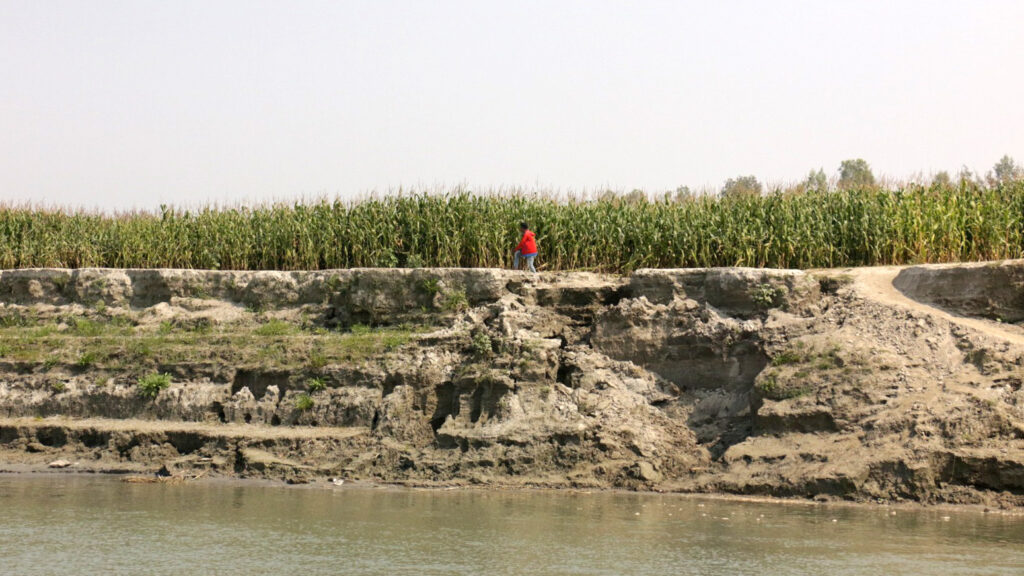
Legal Rights are Empowering Tools: HRH Princess Esmeralda of Belgium
Princess Esmeralda of Belgium concluded the session by advocating for a legal framework and protection for climate migrants. She encouraged the audience to ensure inclusive governance while also upholding human rights.
The challenges faced by climate migrants are immense, and the need for legal recognition and protection is urgent. As highlighted at COP29, securing legal rights for climate migrants not only ensures their dignity but also empowers them to rebuild their lives and contribute to local adaptation efforts. Only through international cooperation we can ensure that climate migrants are treated with the rights and respect they deserve.
